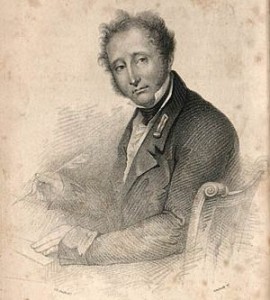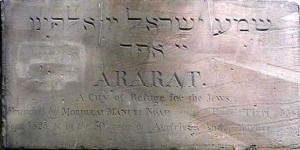Alisa Rosenbaum (1905-1982) was born in St. Petersburg. She taught herself to read at age 6, and had decided to become a writer by 9. She was among the first group of women to enroll in a Russian university, studying history and philosophy, devouring all forms of literature in not only Russian, but German and French, too. She went on to study cinema arts, and took on the pseudonym Ayn Rand, from the Hebrew ayin (עין), meaning “eye”. In 1925 she came to Manhattan, and shortly after moved to Hollywood where she became a screenwriter. (Her first job was with Cecille B. DeMille – the guy who made The Ten Commandments). She catapulted to fame with the publishing of her novel The Fountainhead. The book sold over 3.5 million copies (despite being initially rejected by 12 publishers!) and was turned into a motion picture in 1949. The Fountainhead strongly influenced people around the world, inspiring Rand to move to New York and start a philosophy circle for her admirers, among them future Federal Reserve Chairman Alan Greenspan. Rand’s greatest work came in 1957. This novel, Atlas Shrugged, became the basis for a new philosophical movement called Objectivism. In a 1991 survey by the Library of Congress, readers cited Atlas Shrugged as the second most influential book of all time, after the Bible! A passionate political activist throughout her life, Ayn Rand’s career included 12 books, along with a variety of films and Broadway plays. A woman with a complex mind, she called homosexuality “immoral” and “disgusting” but at the same time fought to repeal all laws against it. She was a staunch pacifist, and yet heavily supported Israel in its wars, calling them “civilized men fighting savages”. In her words: “When I die, I hope to go to Heaven, whatever the Hell that is.”
Words of the Week
Do something instead of killing time. Because time is killing you.
– Paulo Coelho




